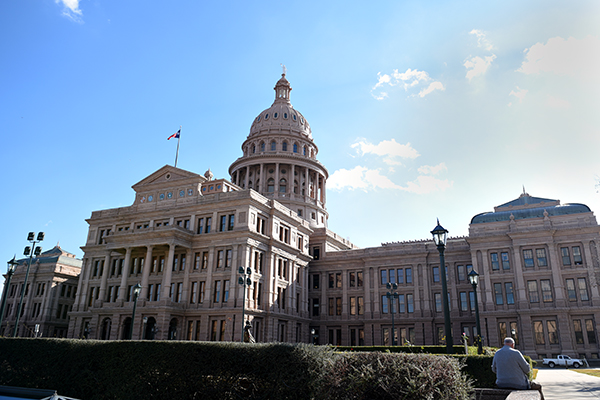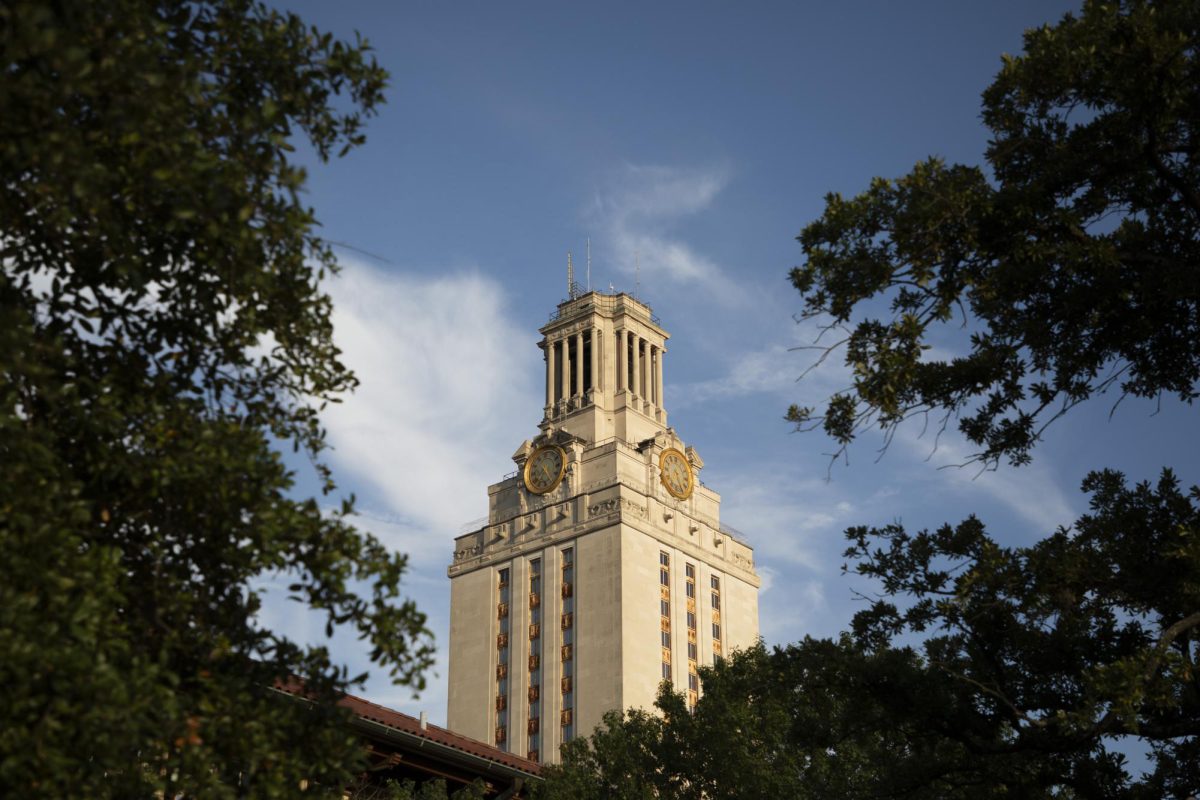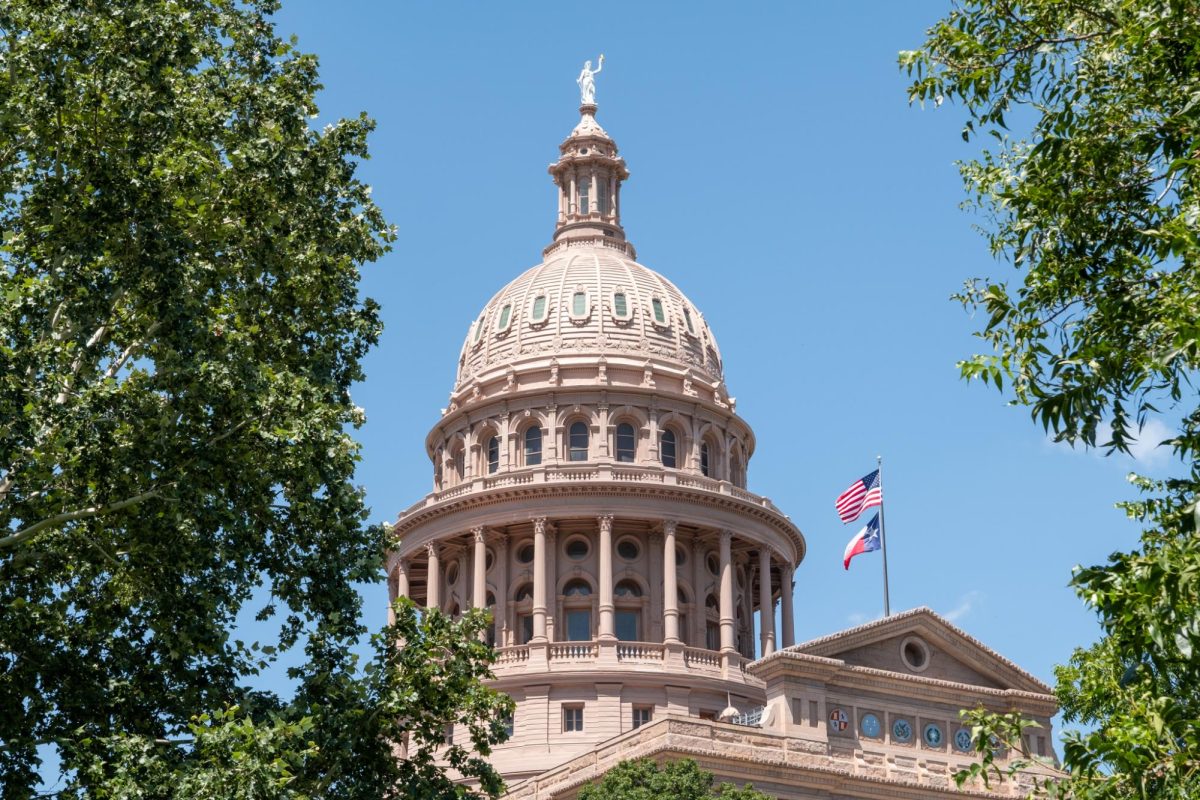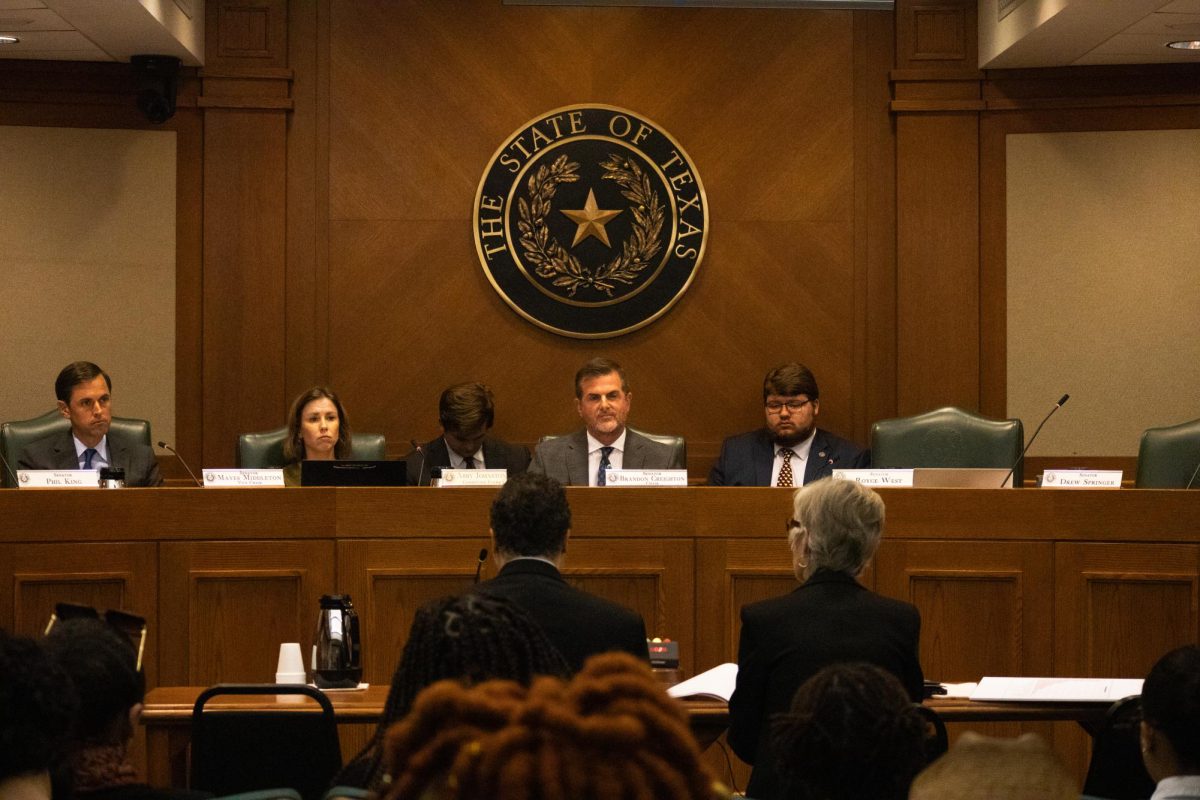Texas is one of the few remaining states where professional licenses can be revoked from people who have defaulted on student loans.
Senate Bill 37, which prevents students from losing their professional licenses as a result of defaulting on loans, was introduced by state Sen. Judith Zaffirini, D-Laredo.
“SB 37 would reassure students that if they go into debt, their investment will be protected,” Zaffirini said.
Antonio Arellano serves as a communications director of Jolt Texas, a Latinx-based nonprofit currently focusing on education equity. Arellano said while current laws are designed to incentivize students to pay their loans on time, they actually make it even more difficult for working people to make loan payments.
“Tuition in Texas is a burden on people to the point that their futures are being limited by the increasing amount of student debt, affecting their ability to succeed,” Arellano said. “A lot of people are having to wait to start a family or put their dreams and aspirations on hold because they’ve graduated with a massive amount of student debt.”
Zaffirini also filed SB 32, which would create tuition-free public higher education for students with household incomes less than $100,000. SB 32 could benefit students such as linguistics freshman Aubrey Hinchman, who said she works 30 to 40 hours per week. Even so, her pay isn’t enough to cover tuition, she said.
“Working so many hours was eclipsing the education I was getting,” Hinchman said. “It’s hard to demonstrate your full potential in school between working and worrying about saving enough money.”
Additionally, Zaffirini filed SB 33, which would give students tuition-free, in-state access to community college.
“SB 33 and SB 32 would ensure students’ hard work and ability, not their financial means, determine their educational paths,” Zaffirini said. “(Minority students) would be more likely to pursue a higher education if they could do so without the burden of paying tuition, as SBs 32 and 33 would ensure or the risk of accumulating significant debt.”
These bills would especially benefit minorities, who are disproportionately burdened by the costs of education, Arellano said. The average tuition for a four-year university in Texas in 2017 was 29 percent of the annual income for the average white family, but 41 percent of the annual income for the average family identifying as another race, Arellano said.
“A lot of the time, (high education costs affect) people who don’t deserve it,” Nadia Zubair, an applied learning and development junior, said. “If you got (into UT), you must’ve worked really hard. To do all of that and have that invalidated by this massive weight is unfair.”
Jolt Texas hosted its Power Up Summit to rally for affordable education and youth advocacy on March 1. Summit participants from UT and across Texas lobbied state representatives in favor of SBs 32, 33 and 37. Attendees also participated in rallies, panel discussions and flash mobs focused on empowering minorities.
“Our voices do matter, even if we’re being told, verbally or through actions, that they don’t,” public health junior Pili Gyasi said. “We have a right to speak up for what we want and believe in.”


















